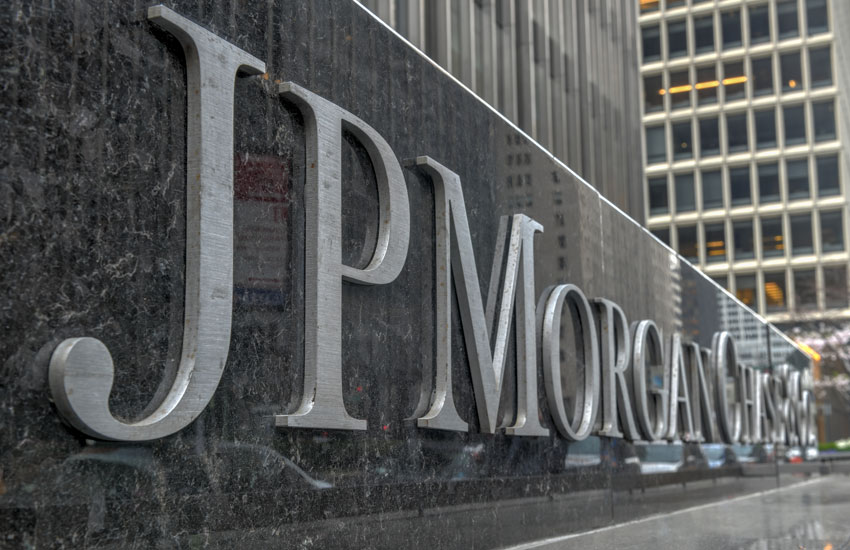This article is from ledgerinsights.com and the original article can be read here

Today the Monetary Authority of Singapore (MAS) announced Project Guardian, a digital assets pilot using tokenization on public blockchains. The project involves regulated financial institutions acting as ‘trust anchors’ with an initial pilot involving JP Morgan, DBS Bank and Marketnode, the SGX joint venture for bonds.
Tokenized bonds and deposits will be used in a permissioned liquidity pool for DeFi transactions involving borrowing and lending on a public blockchain. This solution is not targeted at retail investors, so it will only be available in the wholesale market.
This is how we’d imagine this might work based on how the likes of the Aave and Compound lending protocols work. (Aave has permissioned pools as well). A bank might hold $100,000 of XYZ tokenized bonds but wants to borrow money temporarily. So it deposits the $100,000 as collateral which is locked in a smart contract, and they can borrow as much as $75,000, but it has to pay interest.
On the other side of the transaction, multiple depositors might want to earn some extra interest on their tokenized cash. So they make millions of dollars available in a liquidity pool and earn the interest on the $75,000 borrowed and any other banks that want to borrow against bonds.
The interest rate on borrowing is calculated algorithmically, based on supply and demand. If only a small proportion of the tokenized cash is getting lent out, the interest rate is low, but if there’s significant demand from borrowers, then the rate will be higher. The risk rating of the bond should also influence the interest rate and the loan to collateral proportion.
The MAS approach to DeFi innovation
While the Monetary Authority of Singapore initially was broadly supportive of blockchain, it is concerned about the risks involved with cryptocurrencies and discourages retail investors from owning them. However, it acknowledges the potential for innovation and hence is keen to explore the technology in a controlled manner, as the project’s name implies.
It’s particularly interested in exploring four aspects:
- Open, interoperable networks: preventing the formation of walled gardens in digital exchanges, reducing market fragmentation
- Trust anchors: the use of regulated financial institutions to “screen, verify and issue credentials” to participants in DeFi protocols
- Asset tokenization: digital representations of both securities and bank deposits on public blockchains to enable DeFi
- Institutional grade DeFi protocols: addressing market manipulation and risks. Also, smart contract audits.
“Through practical experimentation with the financial industry and the broader ecosystem, we seek to sharpen our understanding in this rapidly transforming digital assets ecosystem,” said Mr Sopnendu Mohanty, Chief FinTech Officer, MAS. “The learnings from Project Guardian will serve to inform policy markets on the regulatory guardrails that are needed to harness the benefits of DeFi, while mitigating its risks.”
Meanwhile, DBS, JP Morgan and Temasek are partners in Partior, the Singapore project using blockchain for multi-currency interbank payments. Temasek is also a joint venture partner with SGX in Marketnode, the blockchain bond platform where participants include Barclays, BNP Paribas, BNY Mellon, Citi, Deutsche Bank, HSBC, Orient Securities International, Standard Chartered, Societe Generale and UOB
More to follow.
Disclaimer: This article is for informational purposes only. It is not a direct offer or solicitation of an offer to buy or sell, or a recommendation or endorsement of any products, services, or companies. EmeringCrypto.io does not provide investment, tax, legal, or accounting advice. Neither the company nor the author is responsible, directly or indirectly, for any damage or loss caused or alleged to be caused by or in connection with the use of or reliance on any content, goods or services mentioned in this article.
